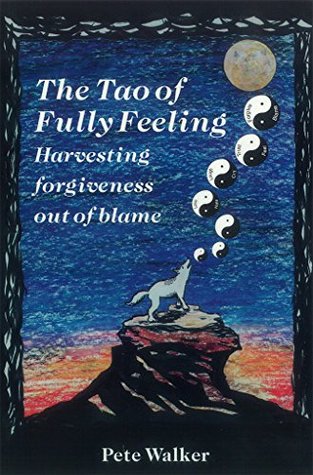More on this book
Community
Kindle Notes & Highlights
by
Pete Walker
Started reading
April 22, 2019
I meant to do my work today
But a brown bird sang in an apple tree, And a butterfly flitted across the field And all the leaves were calling me. BUSYHOLISM
When a child is only valued for being helpful, she is in danger of becoming a compulsive helper.
Living wholly for the satisfaction of others is as depleting as spoon-feeding others instead of eating.
If an individual is able to love productively, he loves himself too; if he can love only others, he cannot love at all.
In moderation, working hard and being busily productive are among the great joys of life. Moving rapidly and fluidly through a variety of complex tasks is a thrilling celebration of our anthropoid genius – of our ability to simultaneously invoke intelligence, strength, focus, grace, and dexterity.
Grieving releases this tension and heals the malady that afflicts so many adult children: the syndrome of dramatically fluctuating between the extremes of anxiety-driven hyperactivity and depression-induced listlessness. Grieving naturally restores our innate capacity to move smoothly through the multifarious, enriching gradations of purposeful activity that lie between intense, healthy excitation and full relaxation.
LEARNED HELPLESSNESS AND TOXIC BLAME
And the day came When the risk to remain Closed tightly in a bud Became more painful Than the risk it took to blossom. – Author unknown
Also known in learning theory as “just manageable disequilibrium “ ( Phillippa Campbell circa 1980) a necessary precursor to learning and change, linked to notions of readiness. I like this metaphor a lot 👌
Pursuing personal goals in the face
of fear
In
The emotion of blame is also a powerful tool for confronting and ending abuse.
Without this “no” I am indefensible against the demands of other people and their desires, and even casual statements are often felt by me as demands. Because I can’t say “no”, then their demands become commands I must comply with even in advance of anyone’s request of me. – Theodore Rubin
I must have the right to say “No.” Only I can give myself this right on a meaningful basis . . . My no is a function of some of the deepest compassionate feelings for myself. This no of mine represents whatever force I can bring against anything in me or outside of me which I recognize as being antithetical to my wellbeing . . . No is my block and fortress to and against self-hate. No is my stand against impossible demands wherever they come from.


